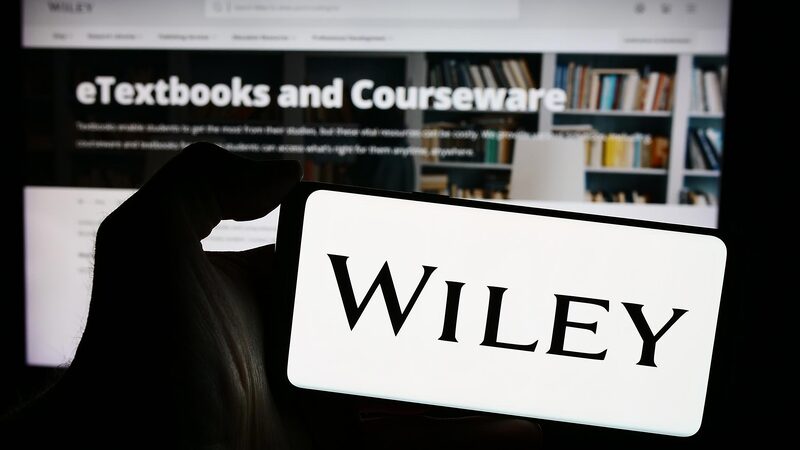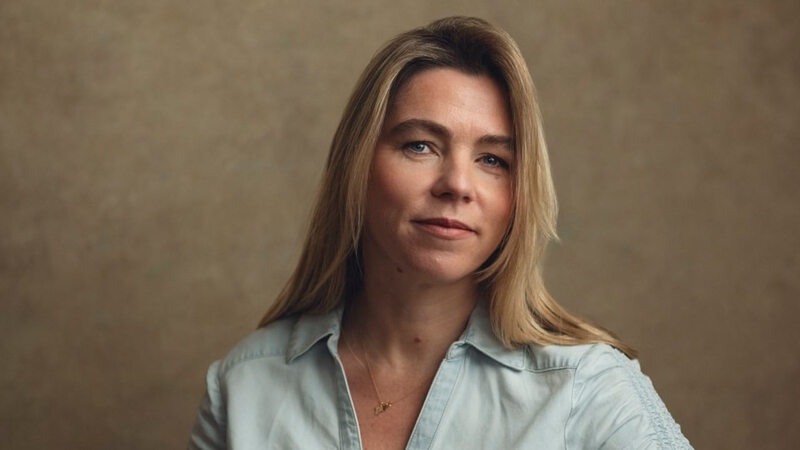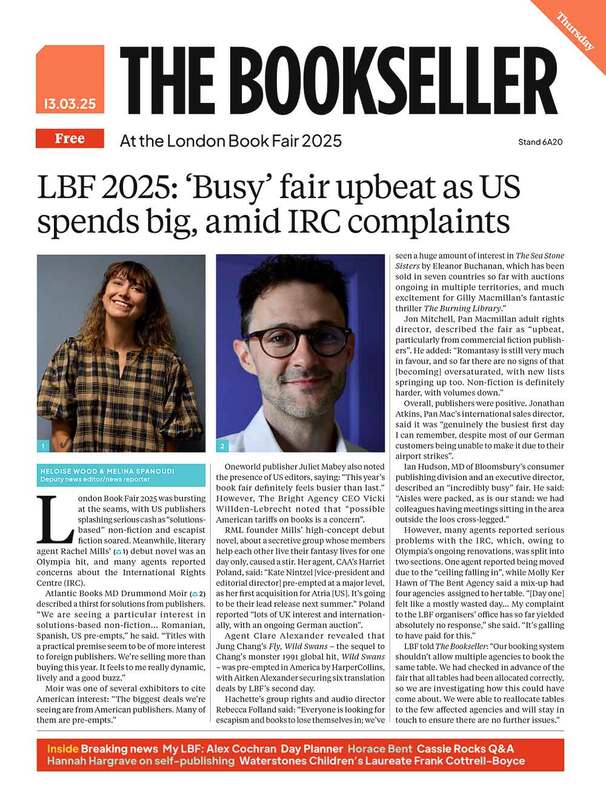You are viewing your 1 free article this month. Login to read more articles.
Pullman and Gaiman back school library campaign
Authors Philip Pullman, Malorie Blackman and Neil Gaiman are among over 150 book trade figures who have lent their support to a campaign to halt the decline in school libraries spearheaded by CILIP, the library and information association. Representatives from the Bookseller Association, National Literacy Trust and Society of Authors have also backed the campaign.
CILIP has sent a letter to Justine Greening, the Secretary of State for Education, requesting the government's “urgent intervention” to halt the decline of library provision and the numbers of qualified librarians in state-funded schools and colleges in England.
Written by CILIP's immediate past president Dawn Finch, the letter states that the UK is in the midst of a “literacy crisis” and urges government to “act now” to “counter the loss of school and college libraries before we consign a generation to a lifetime of low attainment and mobility”.
According to CILIP, England currently ranks 23rd out of 23 OECD [Organisation for Economic Co-operation and Development] nations for teenage literacy, and is the only OECD nation where the literacy of 16 -24 year olds is below that of people aged 55 and over. At the same time, school library services are facing "disproportionate cuts", resulting in the loss of an estimated 30% of the school librarian workforce.
Finch said in the letter: “Unless action is taken urgently to address these historically low levels of literacy, there is no way that HM Government can achieve the stated objective of delivering a future-ready ‘advanced skills’ economy. Before they can read to learn, children and young people must first learn to read, to research and successfully to navigate today’s information-rich world.”
Finch added that the body is in talks with Ofsted about the possibility of producing a guideline for inspectors to consider how schools and colleges access the support of trained librarians. Although she concluded that "the urgent need is with us now".
“We remain at your disposal and that of your team to meet with you at your earliest convenience to discuss how we can best work together to halt the decline of library provision and the number of qualified librarians in England’s schools and colleges,” Finch said.
Finch told The Bookseller: "For far too long we have been failing to see the connection between the lack of investment in school library provision and falling literacy levels. There is a huge body of evidence that shows that a well stocked school library staffed by a skilled and knowledgeable professional has a direct positive impact on a child's education, as well as their emotional and mental wellbeing. It seems absurd to me that this is not a statutory requirement in our schools. If we can oversee their physical fitness with significant national investment in sports and healthy eating, then we should add to that with an investment in their mental and educational health too - and that requires a library in every school."
The letter has been co-signed by 150 people including authors David Baddiel, Philip Pullman, Nick Sharratt, Rob Biddulph and Malorie Blackman; poet Roger McGough; illustrator and former Children’s Laureate Chris Riddell; presenter Cerrie Burnell; and representatives from the Bookseller Association, National Literacy Trust and Society of Authors.
Blackman told The Bookseller that it is "extraordinary that in 21st century Britain, school libraries are not mandatory for each and every school in the country". She added that school librarians are "vital" and that the best way to guarantee the continued health and well-being of any nation is to ensure high standards of literacy and education for all.
"School libraries and librarians are vital in this process", said Blackman. "School libraries allow for the act of discovery. They allow children to browse, to pick up and put down, to be engrossed and absorbed, engaged and surprised. And school librarians are a vital part of what should be an on-going process, steering our children into new waters where they can explore, learn and grow. School libraries may be the only place where some children will encounter the world of books, allowing them to read and enjoy at their own pace in a dedicated space. Any government who truly believes in education and literacy for all and not just the fortunate few, should ensure that all our children have access to a school library with at least one dedicated full time school librarian."
Author Juno Dawson, one of the signatories, told The Bookseller that school libraries are "vital" and serve "a dual purpose". "As well as guiding young people with their reading, so often libraries serve as a sanctuary to vulnerable students", said Dawson. "I know that both This Book Is Gay and Mind Your Head (both Hot Key) have had real success in libraries as titles that marginalised young people perhaps wouldn't feel confident to read at home."
Fellow author Kiran Millwood Hargrave said it was a "genuine travesty" that "reading is being commodified and turned into a luxury". She argued that developing literacy through school libraries will help to keep access to books free and easy for children from all ages, and all backgrounds.
"I believe that reading for pleasure is not a luxury: it's essential", she said. "Not only for developing literacy and therefore shaping understanding and teaching us to think for ourselves, but also for helping children navigate the tricky business of growing up. Libraries are a crucial part of this, because they are a free, safe space in which to access free books. Many children don't grow up with access to books otherwise, and they turn into adults who think reading is unimportant, and isn't 'for them', when really it's for everyone. And we need our libraries to have librarians, not only because it's proven that this increases library usage, but because they bring unique knowledge, promote reading, and can help kids find 'their book'. It's a genuine travesty that reading is being commodified and turned into a luxury."
Meanwhile, author MG Leonard said the campaign was important because every child "deserves to discover the pleasure and importance of reading, no matter their economic background".
"The school library is often a sanctuary and the place where we learn to empathise with other ways of living. The school library is the place that I discovered my joy of reading and I would not be an author without that librarian that pressed Susan Cooper's books into my hands every lunchtime", said Leonard.
Non Pratt underscored that reading is a "necessity". Pratt said: "An education system so concerned with improving literacy cannot afford to willfully ignore the role a well-stocked, well-run library plays in building a culture of reading within a school community. If you can't afford a school meal, you can't afford a book, but a school library is somewhere that *any* child has access to knowledge and solace through novels, non-fiction, magazines and comics."
Jo McCrum, assistant chief executive of the Society of Authors, said that the body is "extremely concerned" by the "drastic" library cuts happening throughout schools and added that supporting school libraries has been central to its campaign for many years.
McCrum said: "These cuts especially affect children who have limited or no access to books at home or through public libraries, and so widen the gap between the best and the least 'well-educated' and 'well-read'. Also, in the age of ‘fake news’ and ‘alternative facts’, children need to know how to question, to research and seek out well-documented evidence to support assertions. Guidance from a trained librarian and access to books is vital to their learning of these skills as well as general wellbeing, mental health and, ultimately, economic success."




















